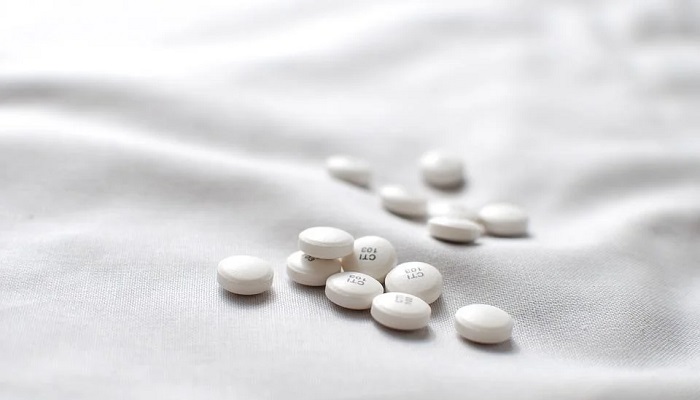When it comes to drug addiction, there are a lot of things that need to be taken into account. Many people try to deal with drug addiction on their own, and this often leads to disaster. This article will discuss the best way to deal with drug addiction.
Seek Professional Help
It’s very important to know that you don’t have to, and should not, do this by yourself. The people working at everlastrecovery.com know exactly how much it means to have professionals around you, especially in the starting period of your recovery. There’s no shame in checking into rehab as it’s a sign of maturity and personal growth.
When you’re in a rehab facility, you’re surrounded by people who understand what you’re going through. You have access to professionals who can help you get to the root of your addiction and work with you to develop a plan for recovery.
Inpatient rehab is often the most effective treatment option for drug addiction, but it’s not always possible or necessary.
Identify What Triggers You
Different people have different relapse triggers, so knowing them is essential to your sobriety. A trigger could be anything, a person, place, thing, or situation, that reminds you of your drug use and makes you want to use it again. Triggers can be internal (thoughts or feelings) or external (people, places, things, or situations).
Many people have triggers that are related to specific places, such as the home where they used drugs or the bar where they used to drink alcohol. Other people have triggers that are related to certain activities, such as going to parties. Still, others have triggers that are related to certain people in their lives, such as friends who still use drugs.
For example, let’s say that your trigger is going to parties. You might avoid going to parties altogether, or you might go to parties but not drink alcohol.
Go To Therapy
A safe place to explore your addiction with someone who can help is in therapy. You will be able to talk about the root of your addiction and start to work through it. This is an important step in recovery because you will learn how to deal with the emotions that come with addiction.
Going to therapy can help you understand your triggers and how to avoid them. It can also provide a support system so that you feel less alone in your battle against addiction.
If you or someone you know is struggling with drug addiction, please seek professional help.
Start A Healthy Lifestyle
You should also make a lot of changes in your lifestyle. These are the following:
- Eating healthy
- Working out
- Getting rid of any negative influences in your life
- Spending time with positive people
- Practicing mindfulness
- Self-love
Making these changes will help you take control of your life and feel better about yourself. It is important to feel good about yourself when you are in recovery so that you can stay on track.
Eating healthy and working out will help your body heal from the damage that drugs have done. Getting rid of negative influences will help you avoid triggers and stay away from temptation. Finding a hobby will give you something to focus on other than drugs. Spending time with positive people will remind you that there are good things in life and that you are not alone in this battle.
Change Your Surroundings
Your environment largely affects your behavior, so changing your surroundings can help break old patterns and bad habits. If you’re trying to quit drugs, it’s important to remove yourself from any triggers that might make you want to use them. This might mean changing your social circle, getting a new job, or moving to a new city.
It can be difficult to make such drastic changes, but if you’re serious about overcoming addiction, they may be necessary. Of course, you don’t have to do everything at once. Start with small changes and see how they affect you.
Try Occupational Therapy
Occupational therapy during drug recovery is a process of relearning how to enjoy life without using drugs. It can be an important part of your treatment plan, whether you’re in an inpatient or outpatient program.
During occupational therapy, you’ll work with a therapist to set goals and learn new skills. You may also learn how to deal with triggers that could lead to relapse.
Try a calming hobby like fishing, hiking, or painting. Do things that you used to enjoy before you started using drugs. If you’re not sure what to do, ask your therapist for ideas.

Drug addiction is one of the worst things that can happen to a person and it’s essential that you seek professional help. Make sure to identify your triggers and find a therapist to help you out. Start on a healthier lifestyle and change your surroundings step by step. Finally, you should also consider occupational therapy by finding a hobby you enjoy!


















